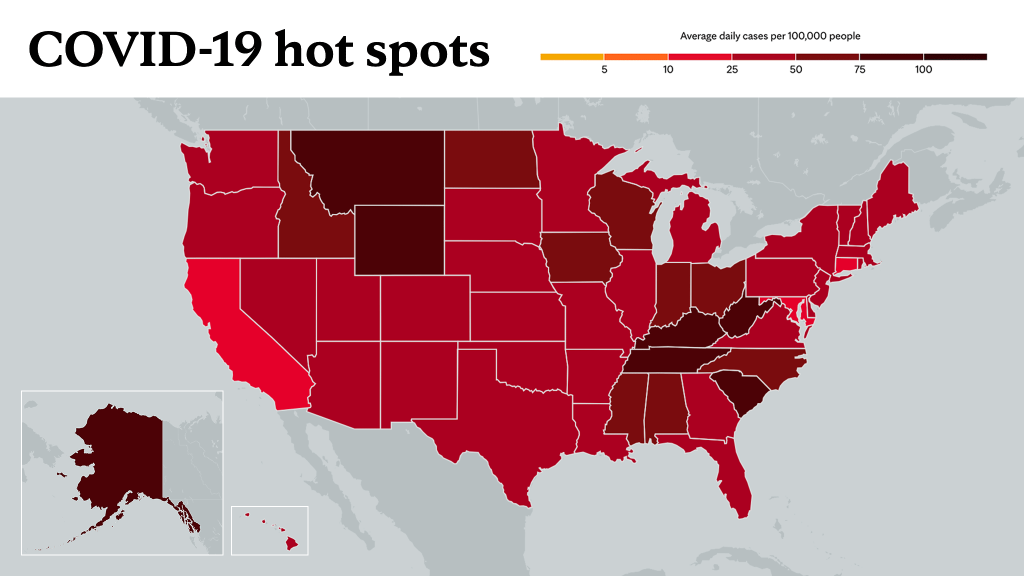
Q: I've heard stories of people getting very sick from the vaccine. If I do decide to get it, do I run the risk of getting COVID-19 from the shot, and what is a typical reaction?
A: Due to our body's immune response to the vaccine – the response to which varies from person to person – it may seem like the vaccine has resulted in a COVID-19 infection in some people. But it's impossible to get COVID-19 from the vaccine, just like it's impossible to get the flu from the influenza vaccine.
"The symptoms people experience after the vaccine are from antibody response, and that's a good thing," says Martin Herrmann, M.D., medical director of Mayo Clinic Health System in Waseca and New Prague. "That means the vaccine is working, and you're developing immune protection from the virus."
Many people experience either no symptoms or short-term mild vaccine reactions that resolve without complication or injury. About 15% of people develop short-lived symptoms at the site of the injection. About 50% develop reactions such as headaches, chills, fatigue, muscle pain, or fever lasting for a day or two.
Circulating on social media is the claim that COVID-19's mortality rate is 1%-2% and that people should not be vaccinated against a virus with a high survival rate. However, a 1% mortality rate is 10 times more lethal than the seasonal flu. In addition, the mortality rate can vary widely and is influenced by age, sex and underlying health condition.
It's important to recognize that getting the vaccine is not just about survival from COVID-19. It's about preventing the spread of the virus to others and preventing infection that can lead to long-term negative health effects. While no vaccine is 100% effective, they are far better than not getting a vaccine. The benefits certainly outweigh the risks in healthy people.
Mayo Clinic Health System consists of clinics, hospitals and other facilities that serve the health care needs of people in Iowa, Minnesota and Wisconsin. The community-based providers, paired with the resources and expertise of Mayo Clinic, enable patients in the region to receive the highest-quality physical and virtual health care close to home.
________________________________________
Information in this post was accurate at the time of its posting. Due to the fluid nature of the COVID-19 pandemic, scientific understanding, along with guidelines and recommendations, may have changed since the original publication date.
For more information and all your COVID-19 coverage, go to the Mayo Clinic News Network and mayoclinic.org.
Learn more about tracking COVID-19 and COVID-19 trends.








